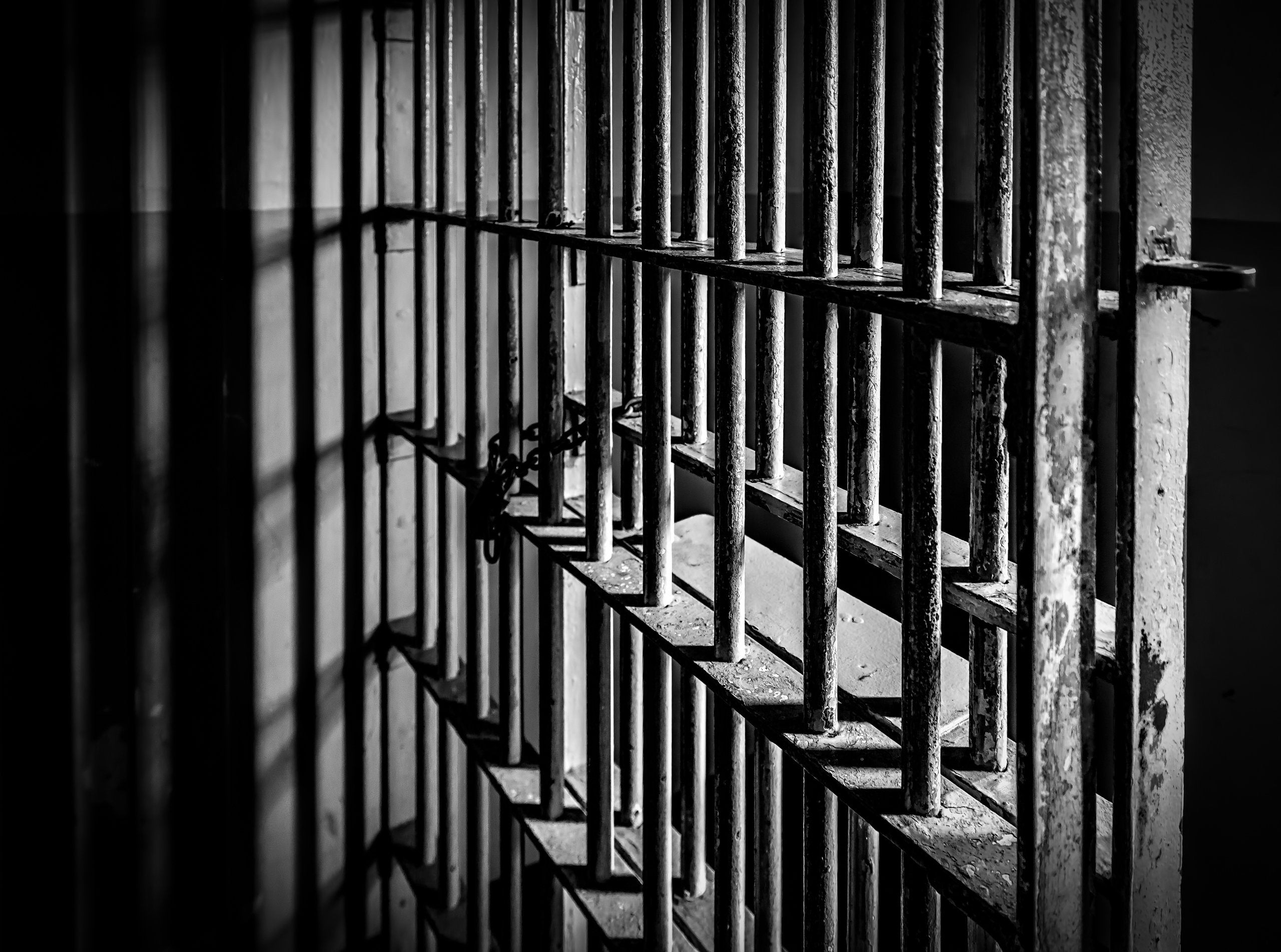
One Louisiana sheriff is catching a lot of heat for comments he made at a recent press conference that expressed his concern about an inmate release that would affect free labor.
In a 38 second clip, which made its rounds on social media last week, Steve Prator, the sheriff of Caddo Parish can be heard saying:
“The ones that you can work, the ones that can pick up trash, the work-release programs—but guess what? Those are the ones that they’re releasing. In addition to the bad ones, and I call these bad, they’re releasing some good ones that we use every day to wash cars, to change the oil in our cars, to cook in the kitchen, to do all that where we save money, well, they’re going to let them out.”
His words are in response to the changes taking place within the state’s criminal justice system. Legislation that goes into effect on Nov. 1 will release over one thousand non-violent offenders as part of the Justice Reinvestment Act. Approximately 40 of them are from Prator’s parish. The words of the sheriff are particularly concerning given that Louisiana has the highest incarceration rates in the country, and is known as the world’s prison capital. In a 2017 U.S. News & World Report article, the publication noted that in 2014, 816 Louisiana residents per every 100,000 were incarcerated.
An overwhelming number of these inmates are African American.
The Justice Reinvestment Act is aimed at reducing the prison population in the state by 10 percent. While many view this as a step in the right direction for criminal justice reform, Prator is concerned about holding on to inmates for the use of washing cars and cooking in the kitchen, as evidenced in the widely shared video.
Activist Shaun King, a columnist for The Intercept, tweeted the clip out to his 842,000 followers with the words “In 38 seconds Steve Prattor, Sheriff of Caddo Parish in Louisiana, tells you why he REALLY likes keeping “good” Black men in jail.”
The sheriff has since responded, saying that his words never referenced race and that his years of public service provide evidence that he views all inmates equally.
Despite Prator’s clarification on his remarks, one can gather from his words that he’s more concerned about maintaining his fiscal budget then decreasing the states prison population, returning non-violent offenders to their communities and families, and championing the efforts to bring some level of equality to a broken justice system.













